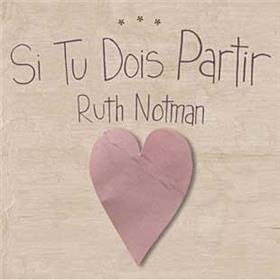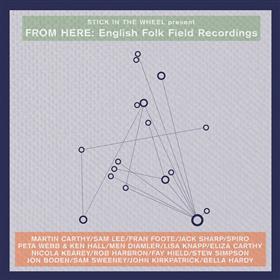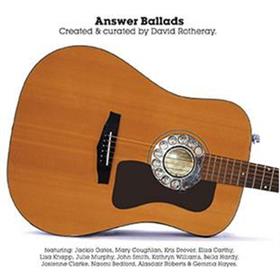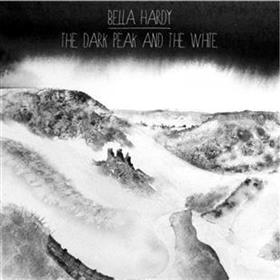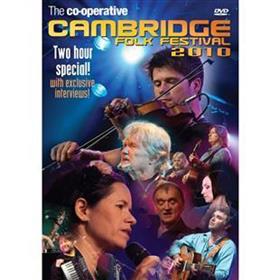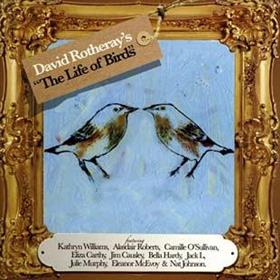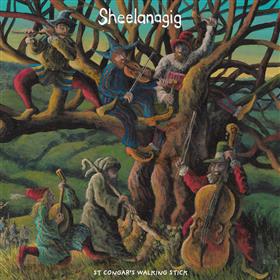Ruth Notman - The Life Of Lilly
2009 studio album
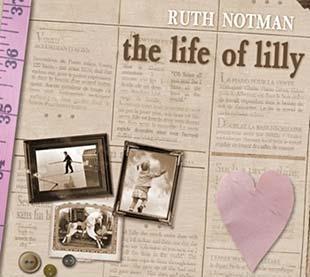
the bright young folk review
The second album from Folk singer Ruth Notman, ’The life of Lilly’ carries on from where she left off with ’Threads,’ proving, yet again, that she is a force to be reckoned with in the folk community.
In the album sleeve, Ruth describes ’The Squire of Tamworth’ as one of her favourite songs and you can hear it in her voice. It sounds like she is smiling throughout, and her enthusiasm is catching.
The first of three original tracks, ’Holding On’ allows the music to flow freer than some of the traditional arrangements. Notes can be held for longer, different harmonies can come to the fore, and the spotlight can be shone on Hannah Edmonds’ captivating cello line, which can be overlooked in some of the more boisterous track. Offering a chance to catch your breath in a busy world, ’Holding On’ shows the wealth of talent contained within this single CD.
The first single to be taken from the album, ’Si tu dois partir’ is Ruth’s take on Fairport Convention legendary cover of Bob Dylan’s ’If you’ve gotta go.’ It’s always a risky move to cover a classic, but Ruth absolutely nails it, making the 40 year old track completely her own.
Making the most of a band comprising of some of the biggest names in British Folk, ’Here’s to belief’ allows them all a chance to truly let loose and have fun with the music. The resulting track feels ever so slightly mischievous and is, therefore, one of the catchiest on the album. Whilst the instrumentation is undeniably full and complex, it maintains a light and bright feel, which allows Ruth’s equally light vocals to fly free. Put it on, turn it up and prepare to dance around the room like a loon.
Nonetheless, Ruth saves the best for last. Sung completely a capella, ’Hold back the tide’ is a stunning track which sends shivers down your spine. Vocal support comes in the form of Joe Heap and Bella Hardy - a combination which produces some incredibly engaging harmony loosely reminiscent of the barbershop groups in the 1940s
On her MySpace page, Ruth Notman refers to The Life of Lilly as a ’musical journey’. So perhaps it is fitting that the album’s final track is a plaintive lament, a woman asking her lover ’Johnny’ to hold back the tide to prevent him from leaving. But just as the tide does eventually turn, so must the album come to an end. As Ruth herself sings, “the big ships have gone home, there’s no more to tell”.
Mary Stokes
